An increasing number of individuals are choosing to purchase real estate in Croatia for the purpose of short-term tourist rentals. Such an investment can be an attractive source of income, but it also comes with numerous obligations – both in Croatia and Slovenia.
Although the property is located abroad, a Slovenian owner wishing to rent it out for tourist purposes must appropriately register the activity in Slovenia as well. A natural person can rent out the property as a private room provider (sobodajalec) if they offer up to 15 beds to guests occasionally – i.e., no more than five months a year – and are registered in the Slovenian Business Register. The application is submitted through AJPES, and the registration certificate is automatically forwarded to the Financial Administration of the Republic of Slovenia (FURS), which then enters the person into the tax register as a natural person performing an activity. A special VAT identification number can be assigned to the provider, which applies only to services received from abroad. However, this does not mean they are included in the system of regular VAT taxpayers.
Income from renting out property abroad is treated in Slovenia as business income and is taxed accordingly. If the owner markets the property through foreign intermediaries or online platforms such as Airbnb or Booking.com, which are based outside Slovenia, they are required to pay VAT in Slovenia on the commission fees at the standard rate of 22%. Even if tax has already been paid in Croatia, income must still be declared in Slovenia, as the principle of taxation on worldwide income applies. The Slovenian tax liability can be proportionally reduced by the amount of tax already paid abroad, but any excess is non-refundable.
In Croatia, several additional formalities must be met for legal short-term tourist rentals. The property must have an occupancy permit and must be properly categorized in accordance with Croatian tourism regulations. The owner must obtain a Croatian tax number (OIB) and register in the VAT system. Additionally, they must use official systems for issuing invoices, guest registration (eVisitor system), and reservation management. Since the operation is heavily regulated, it is advisable in most cases to work with a local accounting service.
Tourist activity also brings numerous costs. These include the annual membership fee for the local tourist board, the flat-rate tourist tax, the upcoming real estate tax, platform commissions (to which 25% Croatian VAT is added), and ongoing expenses such as cleaning, linen changes, sanitary supplies, and small guest-friendly touches – like welcome gifts, beverages in the fridge, or informational materials about local attractions.
To help you take the first steps in realizing your investment strategy, we’ve prepared a carefully curated selection of current investment opportunities:
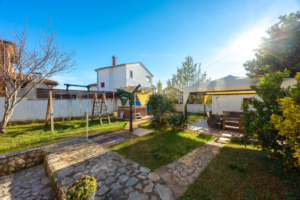
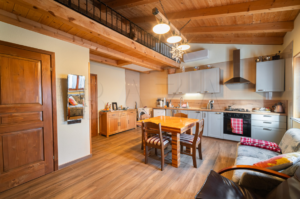
3. 4,5-room apartment, Novigrad
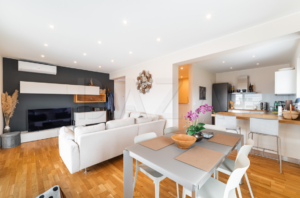
4. Holiday accomodation, Pirovac
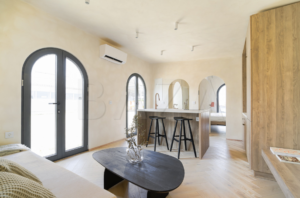
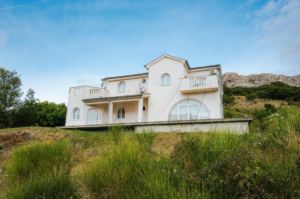
Short-term property rentals in Croatia can be a highly profitable investment, but they require a thorough understanding of the legal framework and diligent fulfillment of all administrative obligations. The key to success lies in a professional and responsible approach – both in Slovenia and in Croatia.
For more information or consultation, contact us: Tel: 00386-40-626-131; Email: tajnistvo@bazarealestate.com.
